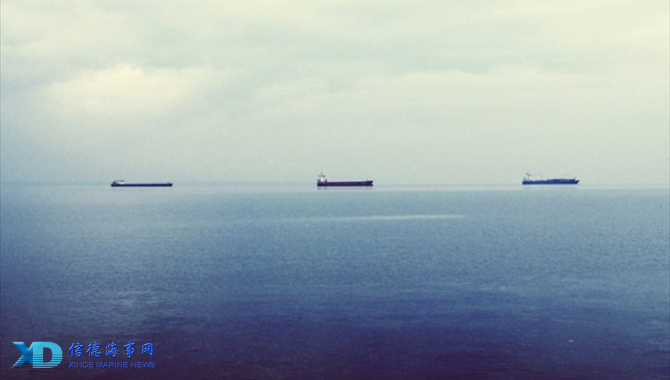
Did you know that states that are parties to MARPOL Annex VI are supposed to inform the International Maritime Organization of the availability of compliant fuel oils in their ports? There is, in fact, an established mechanism to do so and now it is hoped this can be used to help shipping companies prepare for 2020 with detailed information about where and when compliant fuels will be available.
It follows a proposal by Liberia put to the 73rd session of the IMO’s Marine Environment Protection Committee to “issue a resolution urging States to report the availability of compliant fuel oil well in advance of 1 January 2020 to enable shipowners and operators to gain experience on the carriage and use of the new fuels on their ships and with proposed ship implementation plans” to enhance a smooth and effective transition to the new regulatory requirements.
The proposal was generally supported at MEPC 73, which is hardly surprising. Of course it would be a good thing if information about availability of compliant fuels was widely available to help ship operators plan and prepare for the new sulphur limit.
However, to achieve this, member states would really have to up their game. At present, only Baku in Azerbaijan and Klaipeda in Lithuania have used the IMO mechanism to report availability of fuels that comply with MARPOL Annex VI fuels in their ports. States can also optionally specify terminals.
The current information is not very useful as it does not show when availability data was submitted and it is clearly out of date with Azerbaijan reporting availability of all fuel grades with sulphur ranging from 0.10 to 4.50%. The maximum limit globally has been 3.50% since 2012. Lithuania has, on some date in the past, reported availability of max 0.10% sulphur fuel.
Apart from the need for member States to actually report availability, there are some commercial realities which make it challenging to do this effectively as well. First of all, it will be difficult for authorities to give assurance about availability on some future date, because until there is demand for fuel to comply with the 2020 0.50% sulphur limit, suppliers in general won’t be offering it. Secondly, oil companies are unable to report in any detail on future plans for supply due to competition laws.
So while there was consensus at MEPC 73 that early reporting of availability of 2020-compliant fuels is desirable, it was not clear how this can be done effectively.
If we were to take Liberia’s proposal literally, you could say that a majority of the world’s bunkering ports should be reporting availability of 2020 compliant fuels today because most of them have availability of marine gasoil (MGO) typically meeting a 0.10% sulphur limit, which of course also complies with the 0.50% sulphur cap. There are also some products on offer today that meet a 0.50% limit, both fuel oil blends and some marine distillates with sulphur ranging between 0.10% and 0.50%.
However, information about availability is not static. A port can have compliant fuel available one day, but be sold out the next and replenishment may not be immediate. Predicting future availability is fraught with uncertainty and difficult due to commercial and legal sensitivities.
Nevertheless, it is encouraging to see member States showing support for Liberia’s proposal as it might signal a commitment to making more information available to the IMO’s reporting systems on availability, and non-availability, than is the case today. This is positive because it would encourage member States to become more engaged with suppliers and increase dialogue in order to better understand and report their preparedness for 2020.
Sources:IBIA
Please Contact Us at:
admin@xindemarine.com


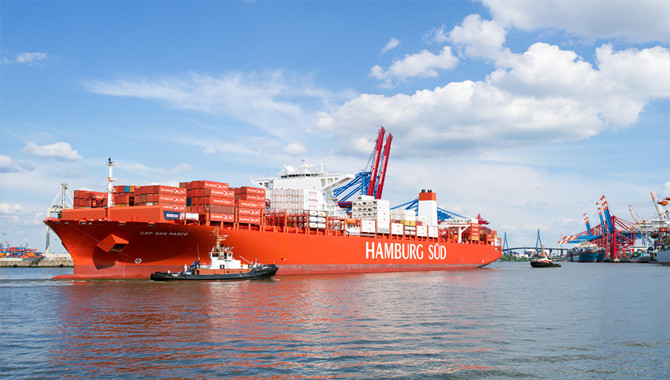 Maersk to integrate Hamburg Süd and Sealand
Maersk to integrate Hamburg Süd and Sealand  Launch of the construction of the first Ro-Ro saili
Launch of the construction of the first Ro-Ro saili 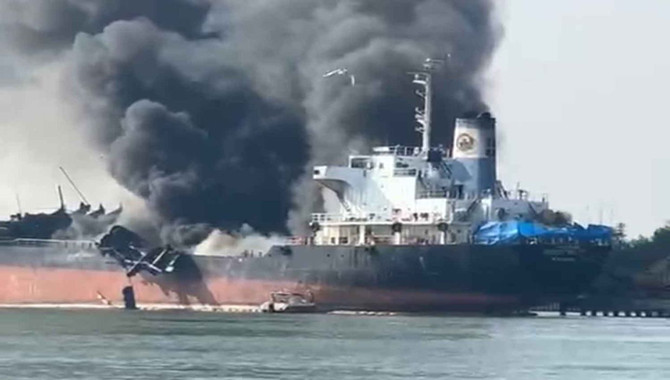 Oil tanker explosion kills at least 3 in central Th
Oil tanker explosion kills at least 3 in central Th 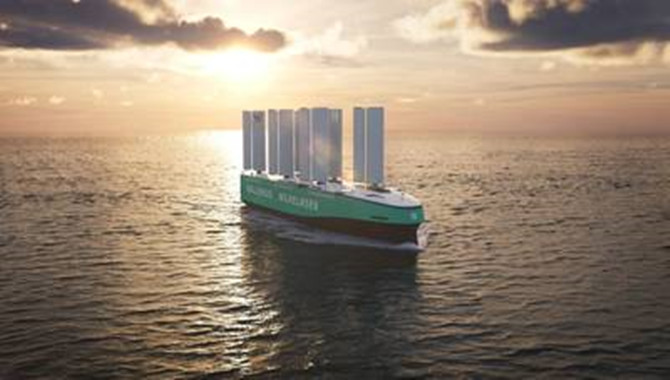 Wind-powered RoRo Vessel Secures €9 Million in EU
Wind-powered RoRo Vessel Secures €9 Million in EU 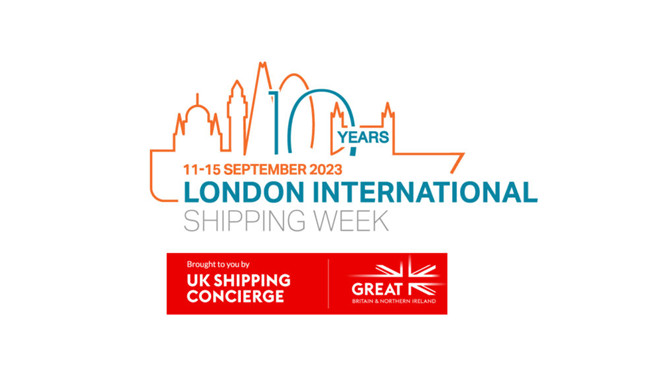 London plays a pivotal role as shipping seeks to re
London plays a pivotal role as shipping seeks to re 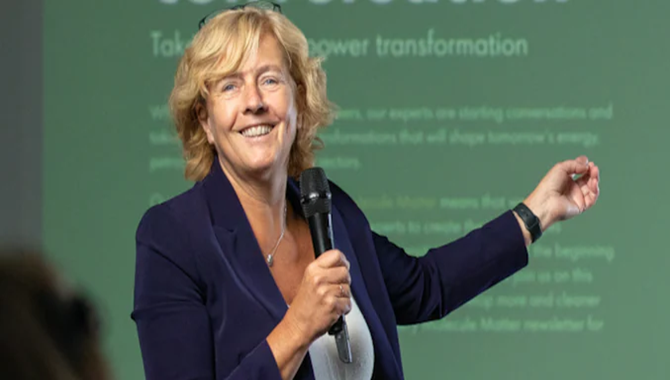 Shell unveils five energy sector trends to watch in
Shell unveils five energy sector trends to watch in